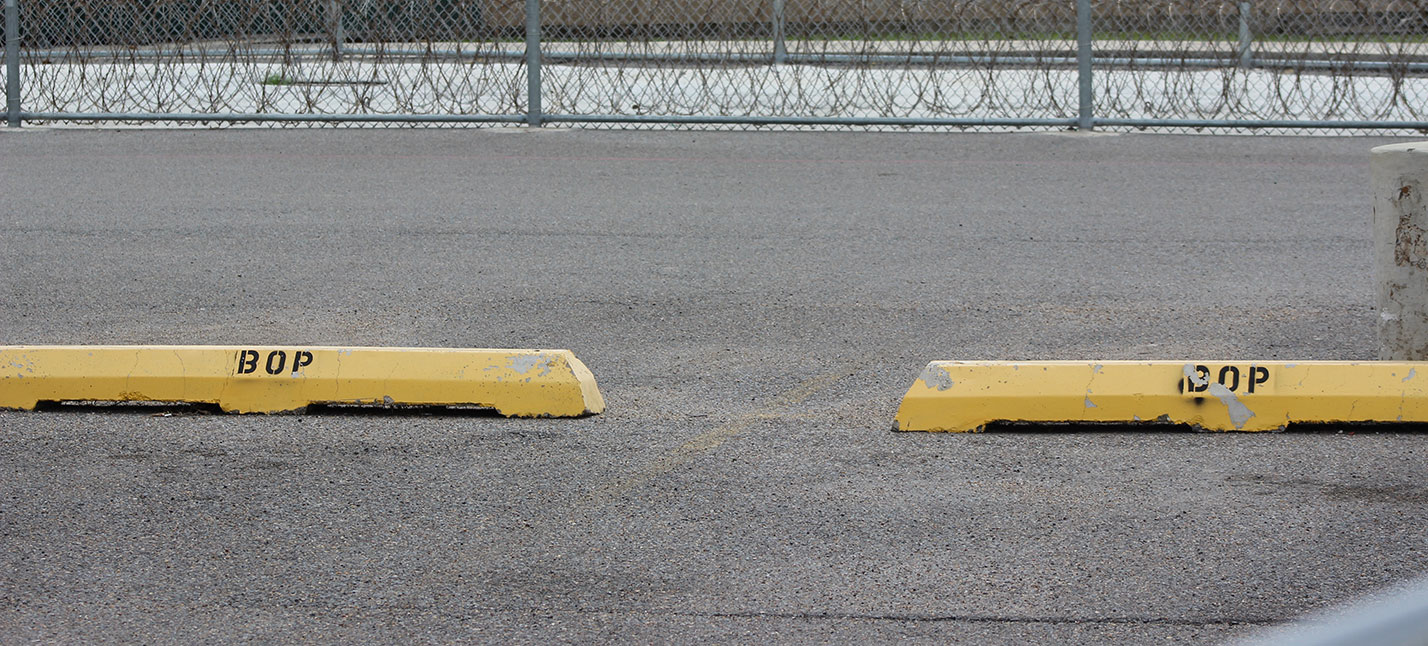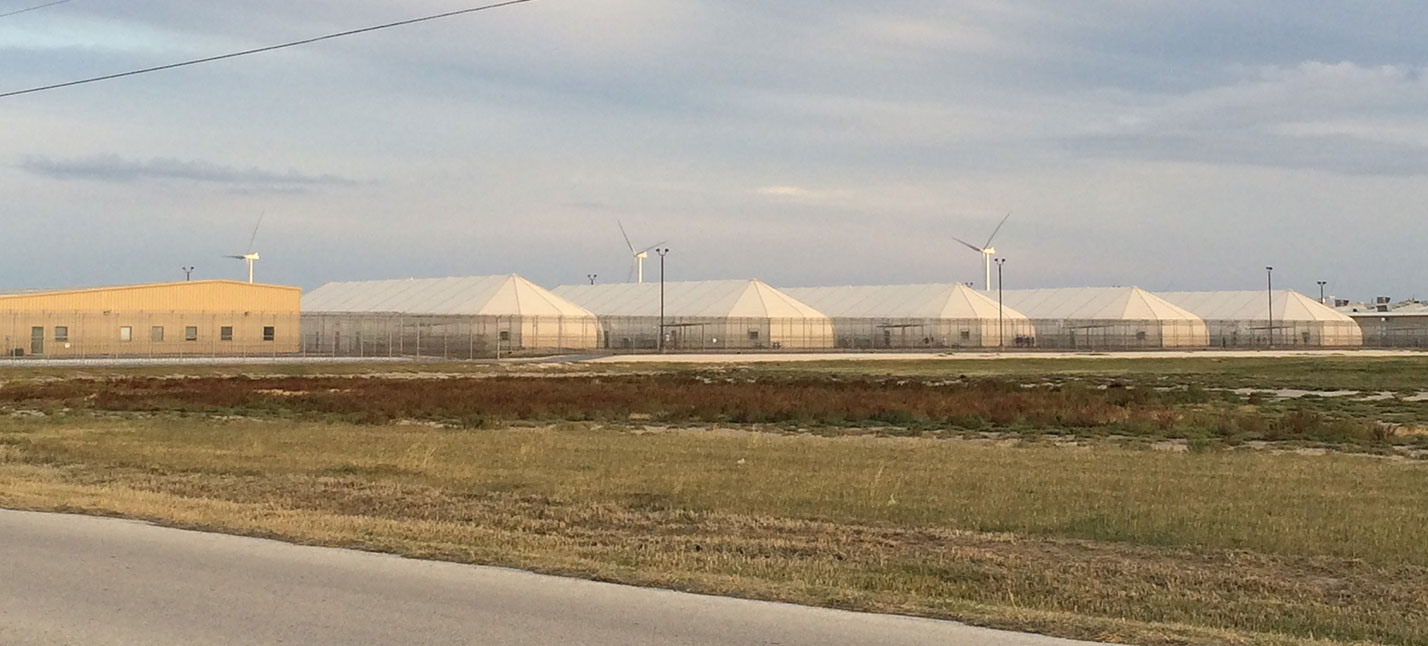There is a shadow prison system exclusively created for immigrants, operating in secrecy and with no programs to support those inside

In addition to the mass detention of immigrants by Immigration and Customs Enforcement (ICE), there are roughly 22,000 prison beds used by the Federal Bureau of Prisons (BOP) in segregated immigrant-only prisons to incarcerate immigrants for federal crimes including unauthorized entry and reentry (a second time) across the United States border.
Until the 1990s, border crossing was almost always treated as a civil offense. In 2005, the government put in place Operation Streamline, a program that created an expedited process for the criminal prosecution of individuals apprehended at the border (often dozens of people at a time), with virtually no due process protections. The program expanded the number of federal prosecutions dramatically. These immigrant-only prisons are often referred to as “shadow prisons” — the government calls them Criminal Alien Requirement (CAR) prisons.
These shadow prisons are managed by the BOP and are entirely operated by private prison companies with an appalling record of abuse and mismanagement, including the excessive use of solitary confinement. Shadow prisons often lack basic programming, with officials arguing that most immigrants with federal convictions will be deported and therefore don't deserve even the most basic services.
Shadow prisons, largely due to the deplorable conditions and extreme sentences, have also experienced organizing and rebellion on the inside. In February 2014, 2,000 of the 3,000 immigrants held at Willacy County Correctional Center — a former detention center converted into a shadow prison — led an uprising that not only dismantled the structure of the facility itself but led to its closure. (In 2018, the Trump Administration re-opened this facility—albeit under a new name—as an immigration detention center yet again.)
In 2016, the DOJ announced plans to phase out its use of private prisons. Unfortunately, this decision was almost immediately reversed by the Trump administration and the contracts for the existing shadow prisons are currently being renewed. In 2019, the administration awarded three new contracts to private prison companies to operate shadow prisons in Michigan and Texas, including facilities in a prison complex that was the site of another past uprising in 2008. The Trump administration also directed federal prosecutors to pursue more criminal prosecutions for immigration-related offenses like unauthorized entry and reentry, which further increased the number of immigrants incarcerated in these shadow prisons and the BOP overall.
In January 2021, President Biden issued an executive order phasing out the use of federal private prisons, including BOP and U.S. Marshals (USMS) facilities (but not privately operated ICE detention centers). As of September 2021, five CAR contracts have been terminated pursuant to the executive order, and the remaining contracts for CAR prisons are slated to end by November 2022. However, as of January 2022, ICE has reopened the former CAR prison Moshannon Valley Correctional Center in Philipsburg, Pennsylvania as an immigration detention center and plans to convert the D. Ray James Correctional Facility in Folkston, Georgia as well. The fate of the rest of these shadow prisons remains unclear.

Learn More About Shadow Prisons
- Detention Watch Network Summary and Analysis
Expansion of the Institutional Hearing Program and Criminal Prosecutions - ACLU Report
Warehoused and Forgotten: Immigrants Trapped in Our Shadow Private Prison System - Grassroots Leadership Report
Operation Streamline: Costs and Consequences
